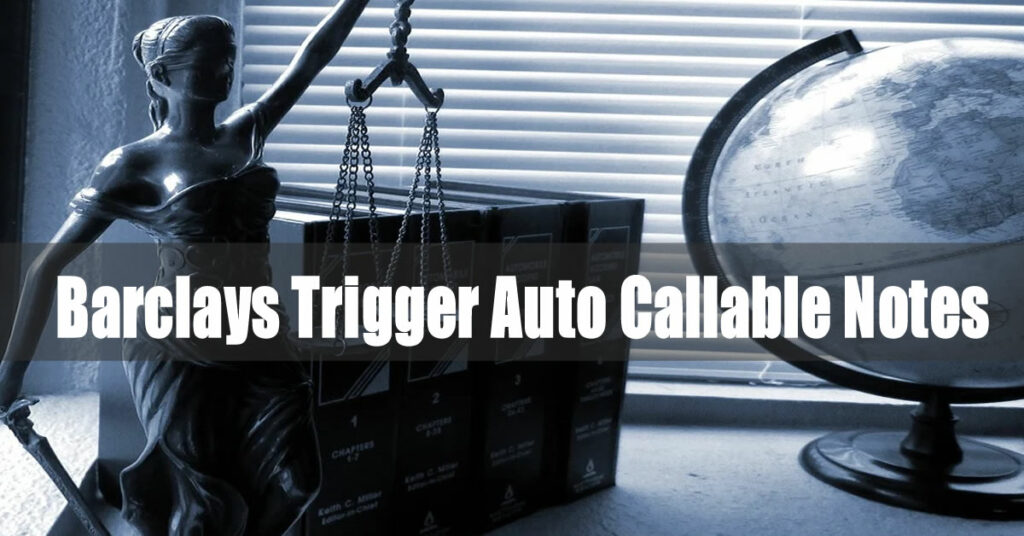Structured products allow investors to benefit from changes in the value of underlying assets such as stocks, bonds, commodities, or currencies. These customized investments integrate different financial instruments like futures, options, and swaps to create an individual investment opportunity with a specific risk and return profile.
For many investors, structured products offer attractive returns and diversification benefits, but they also come with numerous risks that investors should be aware of before investing. The complexity of structured products makes it difficult for investors to assess an investment’s potential risks and rewards accurately.
Investors bear the credit risk of the issuer, usually a bank or other financial institution. In case of default or bankruptcy, investors could lose some or all of their investments. Liquidity risk should also be considered since structured products tend to have less liquidity than other investments, making it harder to sell quickly at a fair price.
Furthermore, the value of a structured product may decrease if its underlying assets decrease in value. For instance, recent suspensions in SVB Financial Group and Signature Bank have brought bad news for regional banks.
Structured product pricing can be complex, and assumptions about future market conditions may not always be correct. This could cause the value of the structured product to decline unexpectedly. Callable structured products offer investors the option of terminating their investment before maturity, adding an extra layer of risk; if it’s terminated early, they may not receive all their expected returns.
Investment Risks Specific to Barclays Trigger Auto Callable Notes and SPDR(r) S&P(r) Regional Banking ETF
Table of Contents
Barclays Trigger Auto Callable Notes Linked to SPDR(r) S&P(r) Regional Banking ETF carries significant risks that investors should know before investing. The issuer is not required to refund the full principal amount at maturity, meaning investors could potentially lose all or a substantial portion of their initial investment.
Furthermore, the issuer may not make regular coupon payments on the notes. Investors will not receive Contingent Coupons or any other payment regarding any Observation Days after the appropriate Call Settlement Date. Thus, investors could potentially lose all of their investment in notes should they be called as early as the second Observation Date.
Brokerage firms that recommend structured notes such as Barclays Trigger Auto Callable Notes Linked to SPDR(r) S&P(r) Regional Banking ETF may face liability for suggesting complex and high-risk investments. Financial advisors may promote these products as offering “downside protection” while still leaving room for “upside” gain; however, losses on structured notes can be substantial if their value drops below a predetermined threshold.
Brokerage firms must conduct adequate due diligence and guarantee that all recommendations suit their clients. If a brokerage firm fails to fulfill these duties, they could be held liable in a FINRA arbitration claim.
Hiring an Investment Fraud Lawyer: Your Defender Against Investment Fraud
Haselkorn & Thibaut is a national securities law firm that assists investors across 50 states with filing claims against their financial professional or brokerage firm. With over four decades of experience, its securities lawyers include former defense attorneys for the biggest names on Wall Street.
Our law firm has handled hundreds of arbitration cases, encompassing allegations of stock fraud, broker misrepresentation, churning investments into unsuitable ones, selling away assets without authorization, and more.
Do you have questions about investments made with a financial advisor? Our lawyers may be able to assist. They offer a free initial consultation to review your case and provide legal counsel. Don’t let investment fraud go undetected; take action now. Call 1-800-856-3352.


